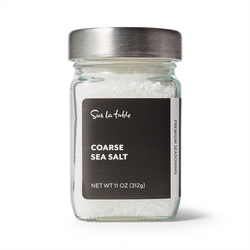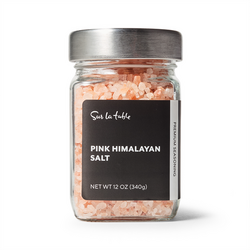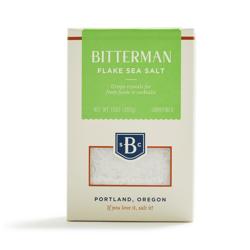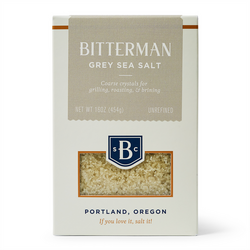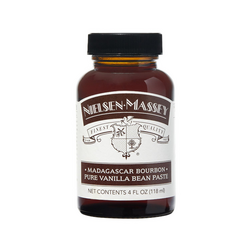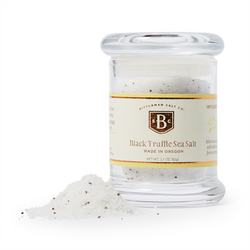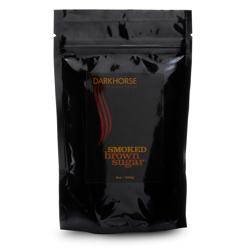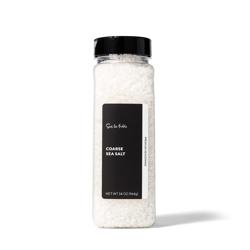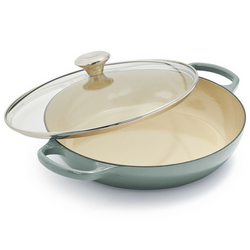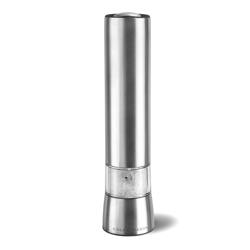-
(4)
This is the best salt I have ever used. The taste is phenomenal!...Great
Use it for everythingPros: love, taste, works in grinder
-
(1)
This nutrient and mineral-rich salt is excellent on grilled meats, seafood, veggies and more. The beautiful pink tint is due to trace minerals and the darker colors present indicate an increased number of beneficial trace elements like iron. Though our...
Pros: delicious
-
(4)
One of the first female salt makers in Scandinavia, Michal Overland makes these delicate flakes of salt on the tiny island of Aukra using waterfall power. Harvested from the cold, clean waters along the Northwestern coast of Norway, these delicate pyramid-shaped...
Pros: light taste, best quality, gift appeal
-
(1)
Bitterman's Sel Gris is a classic French gros sel (coarse salt) and makes a tremendous replacement for all coarse industrial kosher and sea salts. The culmination of two millennia of salt making experience on the exquisitely pristine coastal waters Île...
Pros: enhances meat flavor
Salt For Fermenting Cabbage
Fermentation is a great way to preserve food. It can help you save money, avoid additives, and make your own healthy probiotics. And one of the easiest ways to ferment food is with salt. These salts can be used to make sauerkraut, kimchi, and other fermented foods. They are also great for pickling vegetables. Here are some great options.
Salt For Fermenting Cabbage
FAQ List
Salt for fermenting cabbage is specifically designed to provide the necessary nutrients and texture for successful fermentation, whereas regular salt may contain additives or have a different texture that can affect the fermentation process.
The amount of salt needed for fermentation can vary depending on the recipe and personal preference, but a general rule of thumb is 1-3 tablespoons of salt per 5 pounds of cabbage.
While some types of salt may work for fermenting cabbage, it's best to use a salt specifically designed for fermentation to ensure the best results. Look for salts that are free of additives and have a high mineral content.
The fermentation process for cabbage can take anywhere from a few days to several weeks, depending on the recipe and the temperature of the fermentation environment. It's important to monitor the fermentation process and taste the cabbage regularly to determine when it's reached the desired level of sourness.
Fermented cabbage, such as sauerkraut and kimchi, is a great source of probiotics, which can help support a healthy gut microbiome. It's also high in vitamins C and K, and may have anti-inflammatory properties.

